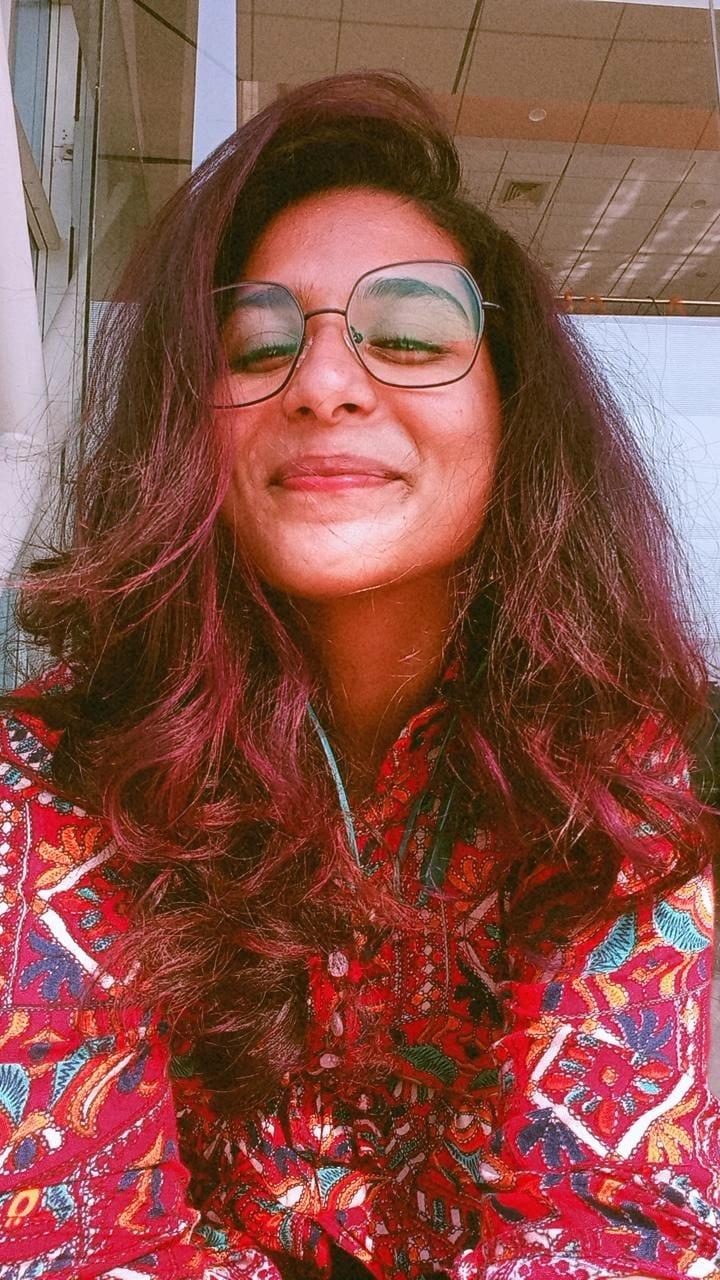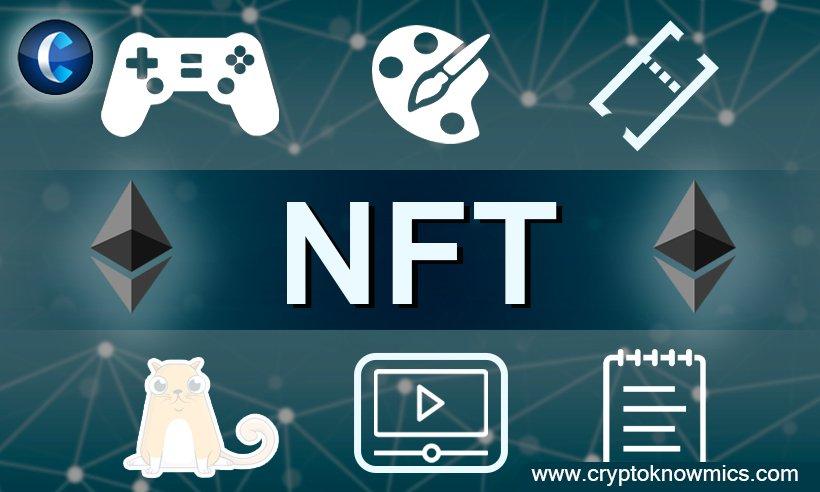NFTs: Minorities' Modern Way of Raising Awareness
Creating Identity Awareness via NFT
Amar Bedi, a turbaned male Sikh, envisaged an NFT platform that would help capture the varied identities of people and bring forth minorities to the metaverse community. He named the platform ‘MetaSikhs.’ According to Bedi, MetaSikhs was a concept that could help educate society about Sikhism art, culture, and community.
Inspired by MetaSikhs, a Palestinian-Jordanian couple, Doaa Alhawamedh and Karter Zaher residing in Los Angel decided to invent the first-ever NFT token representing Muslims in the Metaverse. They named their tokens as Hijabi Queen and Bearded Kings.
In addition, a Jewish couple also envisioned their first Jewish NFT project called ‘The Kiddush Club’ which consisted of a collection of 3,600 digital art pieces. Keeping aside religious minorities, it has been observed that women have also begun making significant waves in the digital world.
Mahila Abidi, an activist, artist, and widely known as ‘NFT Queen’ has created an NFT project called ‘Women Rise,’ that has collected 10,000 NFT art pieces. This NFT project particularly aims at providing girl child education and rights to women.
The Future Is Here
NFTs are a platform that has enormously helped minority communities create a sense of belonging and an easy mode of commute to connect with the community. NFTs have made art accessible to the masses and various fields. The diversity in the digital space through NFTs have helped artist earn opportunities as well.

